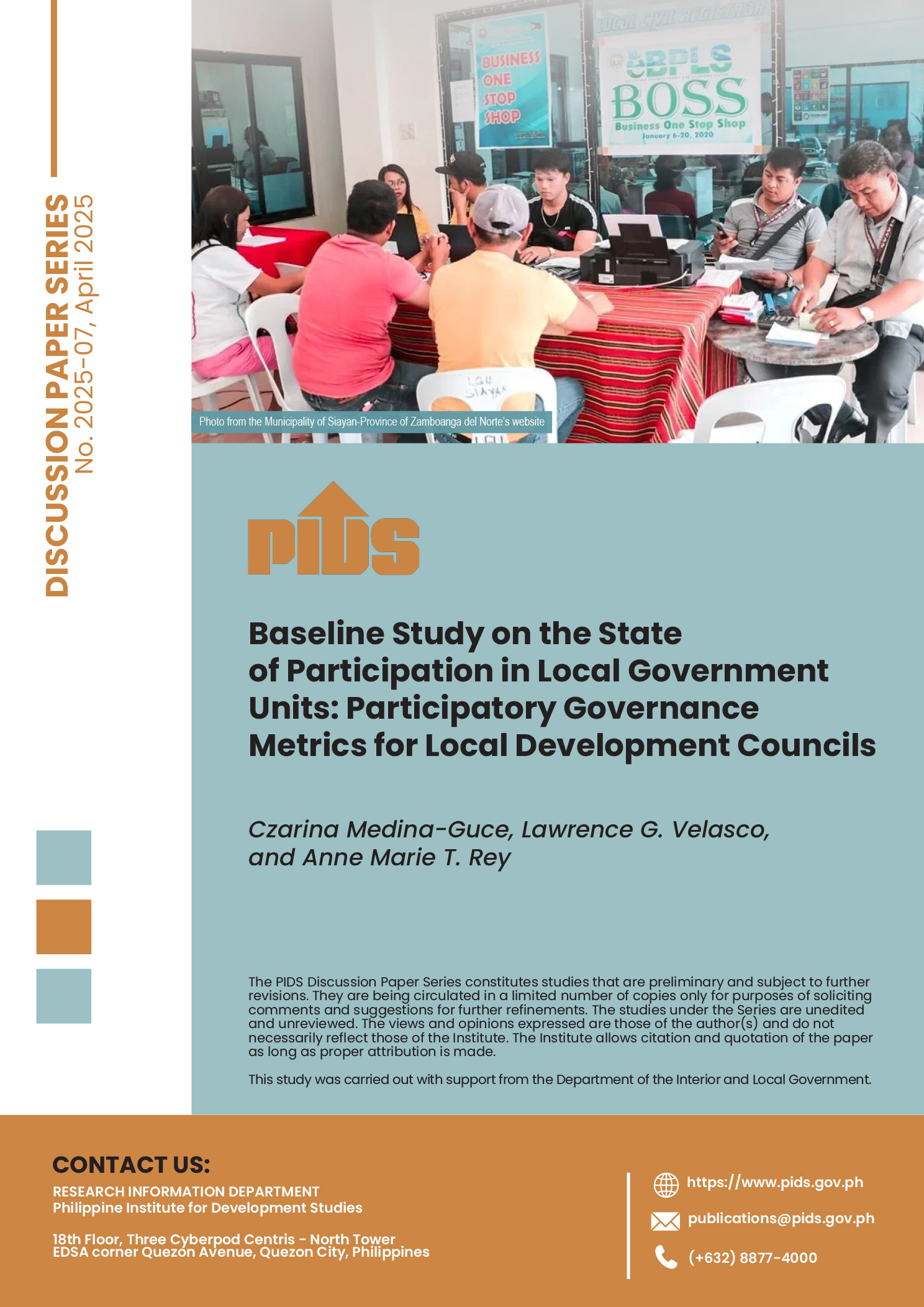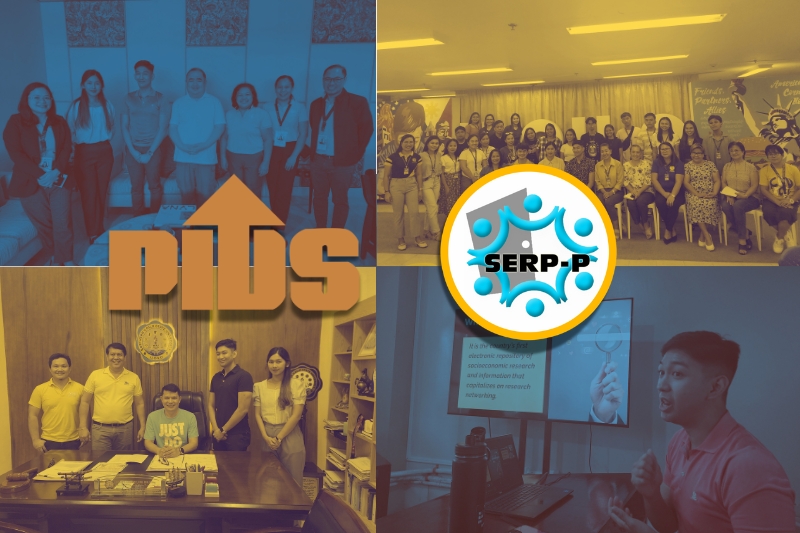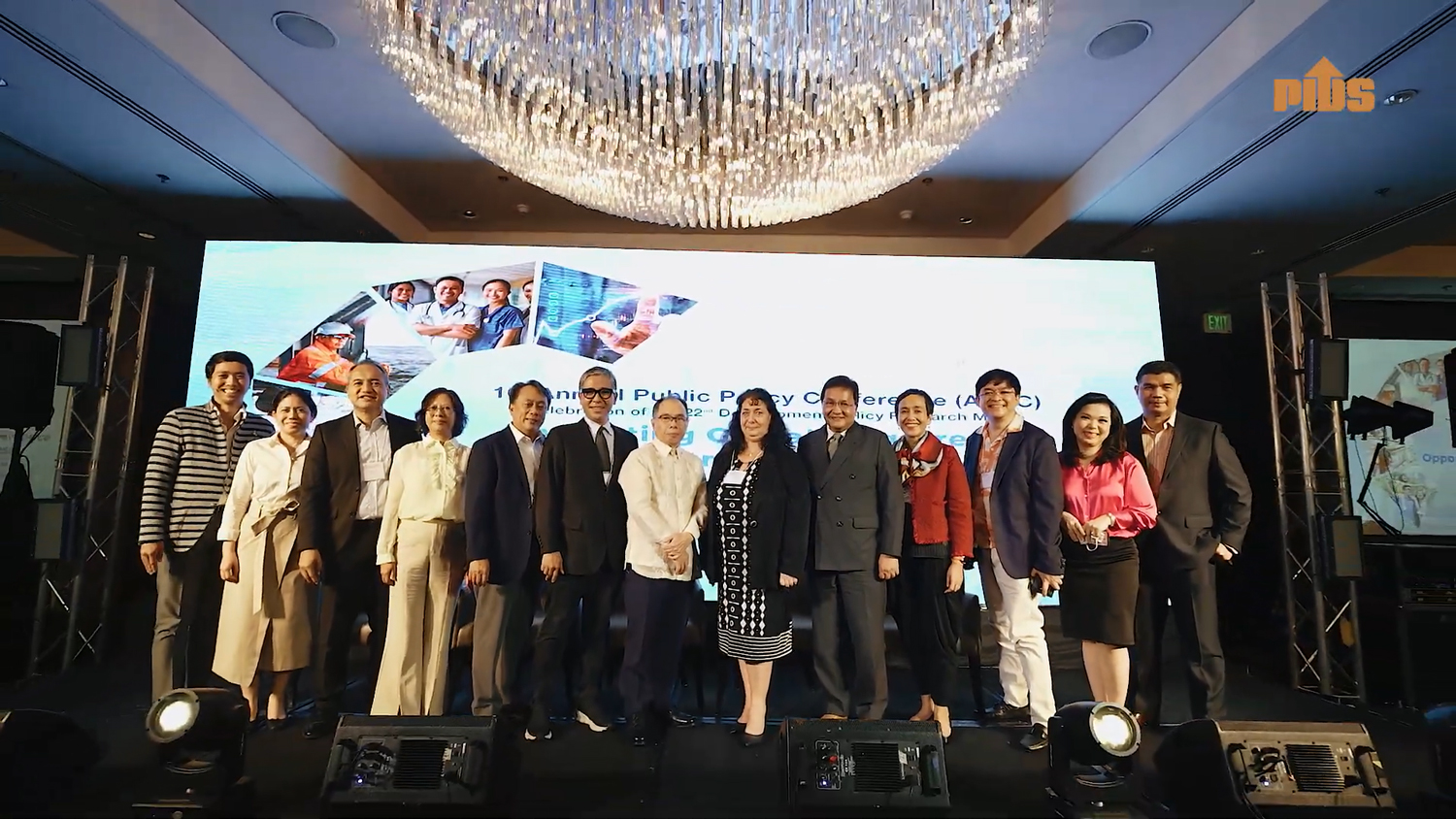THE national government needs to "rethink" its public policy and focus on building skills that will help promote inclusion, enhance social mobility and alleviate poverty in the Philippines, an expert said.
During the Philippine Institute for Development Studies' (PIDS) 8th Annual Public Policy Conference Opening Program on Tuesday, James Heckman, director of Center for the Economics of Human Development at The University of Chicago, highlighted how the crucial role of promoting skills to promote successful lives as a government strategy for human development and societal development.
To start moving forward, the government shall recognize the importance of skills in the economy, Heckman said, as he cited the social wisdom: "Give a man a fish and you feed him for a day. Teach a man to fish and you feed him for a lifetime," which primarily means empowering people with the skills they need to succeed in life. As modern economies emerge and as new technologies appear, Heckman noted that a "skilled public policy" for building skills is "really extraordinarily very, very important."
"Some of the newest work skill, biased technical change, the way of automation and technology are changing the workplace all around the world. We know that more skilled people are the ones better and able, not only to benefit from those technologies but to adapt to change. A recurrent theme of this line of work is to understand how people can react to the very substantial changes in trade, technology and world patterns of commerce," he said.
Herman said a skilled public policy integrates raw and recent knowledge that creates the dynamics of life cycle skill formation. Skills are major determinants of flourishing that significantly help promote inclusion and social mobility, he added.
"We need to foster skill. It's an effective policy. And when it's been tried and successfully implemented, it's had a beneficial effect and all involved the society at large. The individuals gain the skills and the largest society around them in various ways. Successful skilled workforce is also flexible and adaptable. Very important, because as technology changes, and as we get into new trading patterns of the world, [it] becomes increasingly important to be able to adapt to that change," Heckman said.
"In a sense, we can think that building skills is creating an autonomous individual — a person who has dignity — agency and engagement in society. This doesn't necessarily mean a selfish person, but a person who's able to stand on their own two feet and able to help others around them to expand the whole level of society," he added.
He further stated: "We also need to think about how we can make people stronger, more robust, more able to benefit from the modern world."
Skills development has been recognized as a key global priority by governments, social partners and international organizations that strengthen their respective national skills policies and systems to support achievement of the 2030 Sustainable Development Goals.
To make this happen, Heckman cited the need to improve linkages between education and training institutions and workplaces to enhance skills development along value chains, help manage the drivers of change and integrate skills development into national and sector development strategies.
Balisacan vows poverty reduction
For this part, Socioeconomic Planning Secretary Arsenio Balisacan and head of the National Economic and Development Authority (NEDA), who also attended PIDS event and webinar titled "The Concept of Social Justice in the 21st Century," emphasized the government's thrust to reinvigorate poverty reduction and job creation by guiding the economy toward a high-growth path and develop a resilient, inclusive and prosperous society.
"In the near term, we must protect the purchasing power of families, mitigate the socioeconomic scarring caused by the Covid-19 pandemic, reduce the vulnerability of the poor and marginalized sectors, all while ensuring sound macroeconomic fundamentals through efficient government processes. In the medium term, we aim to focus on job creation and rapid poverty reduction by addressing the most binding constraints to greater economic dynamism such as our infrastructure, regulatory environment and competition landscape, as well as public order and safety, peace, and security," Balisacan said.
With this agenda, the NEDA chief said that the government aims to lower poverty incidence to a single-digit level by 2028, which he described as "a lofty, but achievable" goal.












